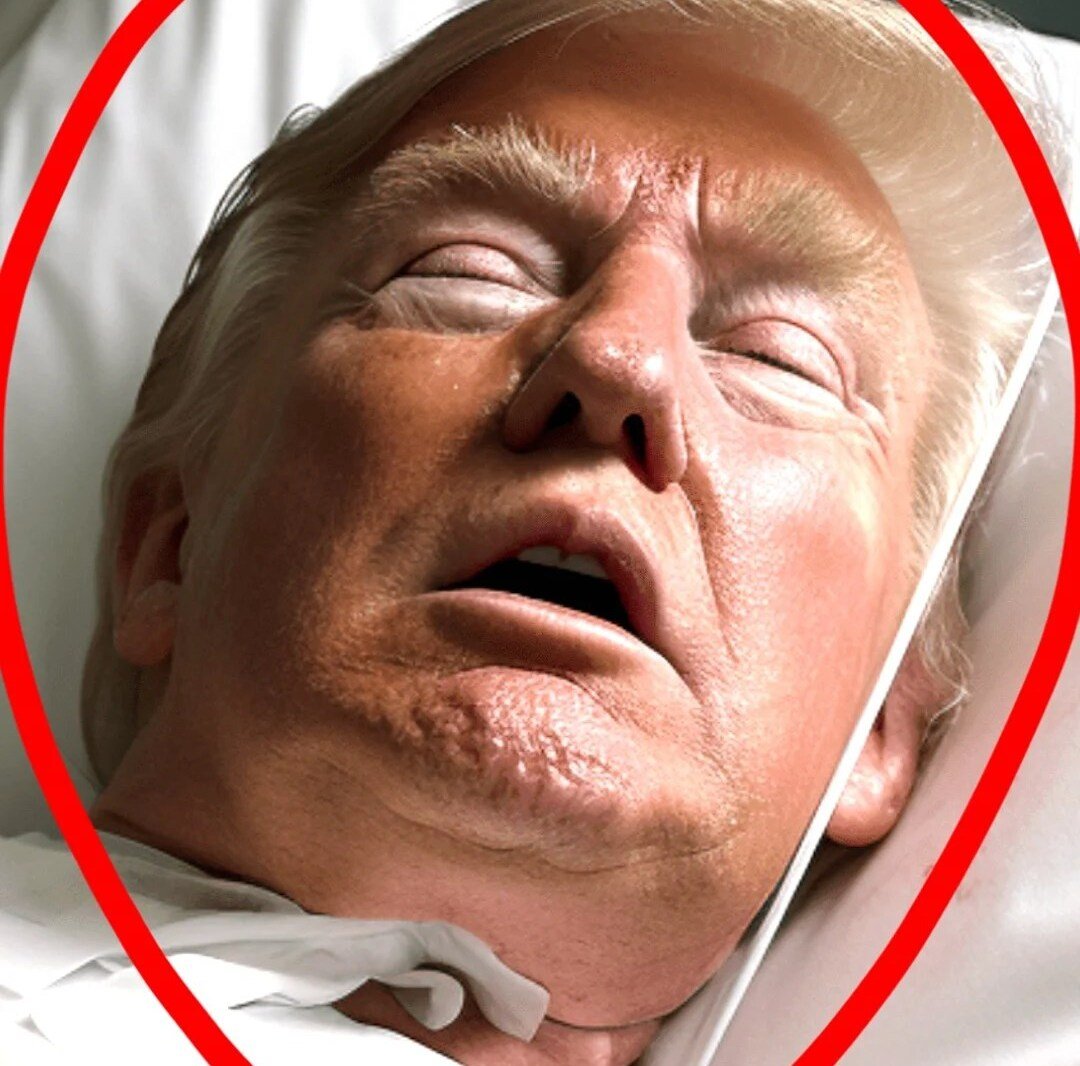In a surprising turn that could greatly influence the 2024 presidential race, Donald Trump’s campaign has issued a warning, claiming it was targeted by a cyberattack. The alleged breach, which is said to have exposed sensitive internal communications, is now being linked to Iranian operatives, adding further complications to an already tense election season.
The breach was revealed when Politico, a U.S. news outlet, received a cache of campaign information via email, including detailed reports on Ohio Senator JD Vance, who is speculated to be Trump’s potential running mate. The timing of this breach, just as Trump is poised to announce his vice-presidential pick, has led to speculation that foreign actors might be attempting to interfere in the election, reminiscent of concerns from past election cycles.
A Trump campaign spokesperson responded swiftly, telling the BBC that hostile foreign entities deliberately sought the documents to influence the outcome of the 2024 election. This assertion, while alarming, raises several questions: Who is behind the attack, and what is their goal in disrupting the campaign of one of America’s most divisive political figures?

Politico, which first broke the story, has confirmed the authenticity of the documents it received. However, the BBC and other independent organizations have yet to verify these claims, leaving some uncertainty and a need for further investigation. The Trump campaign has provided little concrete evidence directly connecting the breach to the Iranian government or its hackers, leading to widespread speculation but few definitive answers.
What is clear is that the breach follows a recent warning from Microsoft’s Threat Analysis Center (MTAC), which reported an increase in influence operations by Iranian entities. According to Microsoft, a spear-phishing email—designed to appear legitimate and deceive the recipient into clicking a malicious link—was sent to a U.S. presidential candidate’s campaign in June. Trump campaign spokesperson Steven Cheung quickly linked this phishing attempt to the current breach, suggesting that Iranians are well aware of Trump’s potential return to the White House and the threat it poses to their interests.
Cheung did not mince words in his comments to the press, stating, “The Iranians know that President Trump will end their reign of terror just like he did during his first term in the White House,” portraying the attack as a direct response to Trump’s hardline stance on Iran during his previous presidency.
Adding to the intrigue, the emails sent to Politico originated from an AOL account belonging to an individual identified only as “Robert.” This account began distributing the leaked documents in late July, including a 271-page file on Senator Vance. According to Politico, the dossier detailed Vance’s political history and past statements, highlighting his previous criticisms of Trump as “potential vulnerabilities” in the document. The email also mentioned a similar report on Florida Senator Marco Rubio, another potential vice-presidential candidate.
The leak has raised concerns about the security measures protecting sensitive campaign information, especially as the 2024 race heats up. Presidential campaigns typically conduct thorough investigations of potential running mates to avoid any embarrassing revelations. However, the release of these files has turned what should have been an internal vetting process into a public spectacle, potentially impacting Trump’s campaign.
Microsoft’s research emphasizes the ongoing threat posed by Iranian cyber operations, which have been a factor in the last three U.S. election cycles. In 2020, Microsoft released a similar report detailing Iranian hackers targeting presidential campaigns, serving as a stark reminder of the digital warfare that now accompanies every major election.
Further complicating matters, U.S. security sources recently revealed an Iranian plot to assassinate Trump, unrelated to last month’s attempted shooting in Pennsylvania. On Tuesday, the U.S. Justice Department announced charges against a Pakistani national with alleged ties to Iran, accusing him of plotting the assassination of U.S. officials, possibly including the former president.
The Trump campaign’s allegations have sparked a flurry of reactions, but one voice remains conspicuously absent: the Iranian government. As of now, Iranian officials have not responded to the accusations, leaving the world to speculate on the true nature and origins of this breach.
As the 2024 election draws nearer, this latest development underscores the high stakes involved. The intersection of politics and cybersecurity has never been more critical, and the battle for the White House may be fought as much in the digital realm as on the campaign trail. With many questions still unanswered, one thing is certain: this story is far from over, and the repercussions of the alleged hack could resonate throughout the election and beyond.
